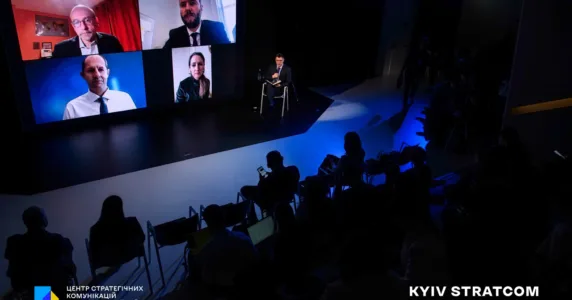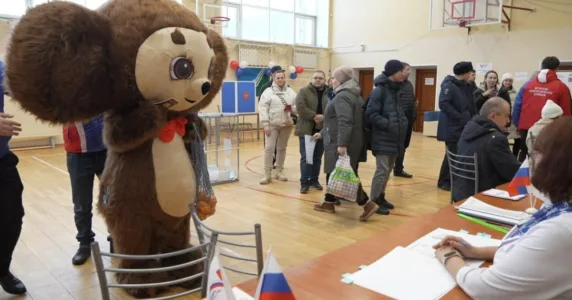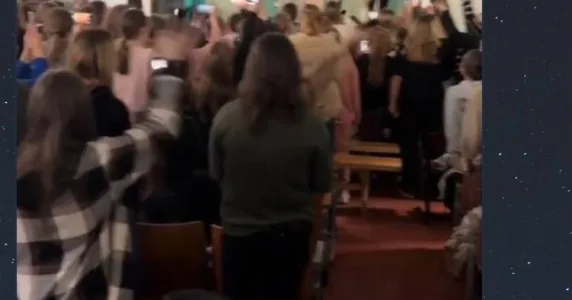Navigation and useful materials
Since the full-scale Russian invasion, the war is still ongoing for over a year. Unable to win on the battlefield, Russia does not stop trying to impose its own idea of what is happening in and with Ukraine on the world.
Unfortunately, the echoes of Russian propaganda in the form of biased vocabulary can still be found even in the articles of reputable Western publications.
The Centre for Strategic Communication and Information Security, together with the Institute of Mass Information, has developed recommendations and advice on how to use terminology in relation to the events and phenomena of the Russo-Ukrainian war.
Ukraine: Using Correct Terminology
| WRONG | WHY |
| Ukrainian crisis | You can also find other versions, such as “Ukraine crisis,” “Ukrainian war” or “the war in Ukraine.” This phrasing disregards the role of the aggressor (Russia), shifts the blame for the problem on Ukraine (“there is something wrong with Ukraine”) and denies Ukraine agency (Ukraine is only a territory with ongoing hostilities). Correct wording: Russian invasion (aggression, attack) of Ukraine, Russian-Ukrainian war, Russo-Ukrainian war. |
| Disputed territories | The territories of Ukraine seized and controlled by Russia have never been the subject of international dispute. The inviolability of Ukraine’s borders was recognized by the international community (including Russia) along with the recognition of its independence gained in 1991. Currently, the absolute majority of countries continue to recognize the territorial integrity of our country. Correct wording: temporarily occupied territories; illegally annexed territories. |
| Referendums | The performances organized by the Russian occupiers in 2014 and 2022 only imitate referendums, but they cannot actually be considered as such. These are illegal and violent propaganda actions against the occupied population that do not meet any standards of free expression of will, and their announced results are falsified. Correct wording: Pseudo-referendums, fake referendums |
| Accession of territories | Decisions adopted in the Kremlin on the expansion of Russia at the expense of Ukrainian territories are illegal and null and void in legal terms. The status of these territories as an integral part of Ukraine, from the point of view of international law and Ukrainian legislation, remains unchanged. At the same time, attempts to impose Russian administration on the occupied territories and include them in the Russian legal field is a separate type of crime in addition to aggression and occupation itself. Correct wording: illegal annexation, attempted annexation of Ukrainian territory. |
| DPR, LPR, Republic of Crimea | In the occupied territories of Ukraine, Russia has created illegal administrative entities that are neither republics nor subjects of the Russian Federation. Legally, there are still only the Donetsk and Luhansk oblasts of Ukraine and the Autonomous Republic of Crimea, temporarily occupied by Russia. It is best not to use the abbreviations LPR and DPR to denote territories, but to use them only when it comes to the Russian occupation entities. When mentioning these entities, it is best to put their names in quotation marks and to specify the characteristics of “so-called”: for example, the leaders of the so-called “DPR”, militias of the so-called “LPR”. |
| “ORDLO” | Before the start of the full-scale Russian invasion, this term was used to denote the territories of eastern Ukraine occupied since 2014. Now the zone of occupation has significantly expanded, so the concept has lost its relevance. “ORDLO” can be mentioned in the context of events prior to 2022. Currently, for Ukraine, there is no difference between Horlivka, occupied in 2014, and Volnovakha, occupied in 2022. The issue of returning to the old contact line and somehow formalizing it is not on the table. Correct wording: previously occupied territories of Donetsk and Luhansk regions; old occupied territories. |
| (Russian) authorities | In the annexed territories of Ukraine, Russia imitates the restoration of normal life, the return of civilian power, only now Russian. However, the entire administration appointed and sanctioned by the occupiers is illegal, and its representatives are collaborators, not officials. It is important not to equate the Russian occupation structures with the legitimate authorities on the territory controlled by Ukraine. Correct wording: Russian occupation administration. |
| Separatists | There is no problem of separatism in Ukraine. There are no visible political groups that seek to break off parts of the territory of Ukraine in order to create new, fully independent states on them. Instead, there are accomplices of the Russian invaders who carry out their orders and seek the absorption of all or part of the territory of Ukraine by Russia. Correct wording: pro-Russian actors, traitors, collaborators. |
| Pro-Russian troops | The only subject of direct armed aggression against Ukraine is the Russian Federation. None of the so-called “DPR” and “LPR” had or have their own military structures, separate from the armed forces of Russia itself. The so-called “people’s militias” are the 1st and 2nd army corps of the Southern Military District of the Russian Federation. After the illegal announcement of the annexation of Donetsk and Luhansk regions, these formations became part of the Russian army not only de facto, but also formally. The presence of Ukrainian citizens there does not change the legal standpoint, but only indicates Moscow’s violation of the Geneva Conventions. Correct wording: Russian troops, Russian armed formations |
| Evacuation of the population | During hostilities, Ukraine evacuates its civilian population in order to prevent their suffering in the war zone. Instead, the Russian Federation treats Ukrainian citizens in its occupied territory as hostages and human resources, as its military trophy. Arbitrary displacement of the population by the occupier, including children, is a war crime. Correct wording: deportation; forced transportation; kidnapping |
| Ukrainian nationalists | The Defence Forces of Ukraine are regular, disciplined and centrally controlled army units. The political beliefs or party affiliation of individual soldiers is not what determines their quality and behaviour on the battlefield. To label Ukrainian soldiers based on political spectrum is to distort reality and humiliate the defenders of Ukraine. Correct wording: Ukrainian military, defenders of Ukraine, Defence Forces of Ukraine. |
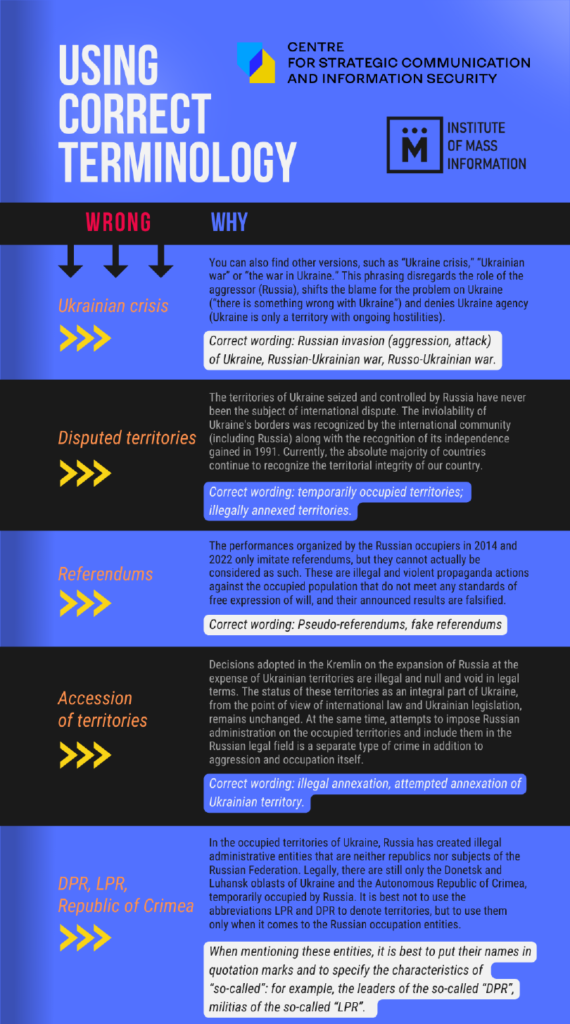
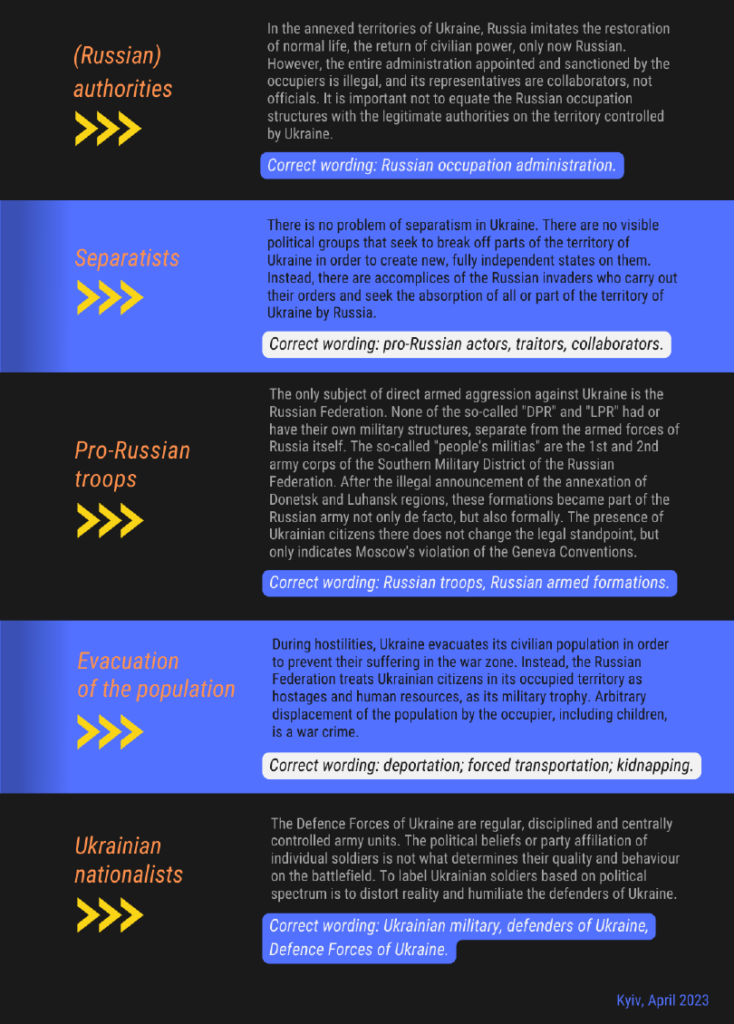
If you have found a spelling error, please, notify us by selecting that text and pressing Ctrl+Enter.
